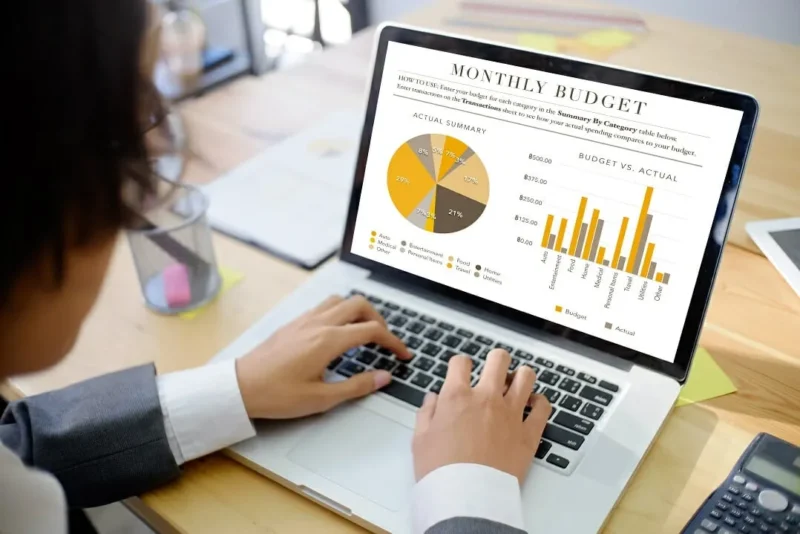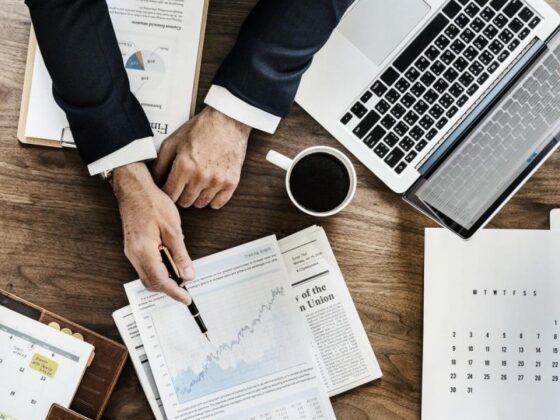When it comes to managing your personal money, it is a good idea to be organized. If you want to stay out of debt, home budgeting and personal budgeting are two of the most important things you can do. The lack of spare time that most of us have makes it difficult to organize our finances, but the general belief is that investing in some personal finance software might be the answer to this problem.
Which Software Should I Use for My Personal Finances?
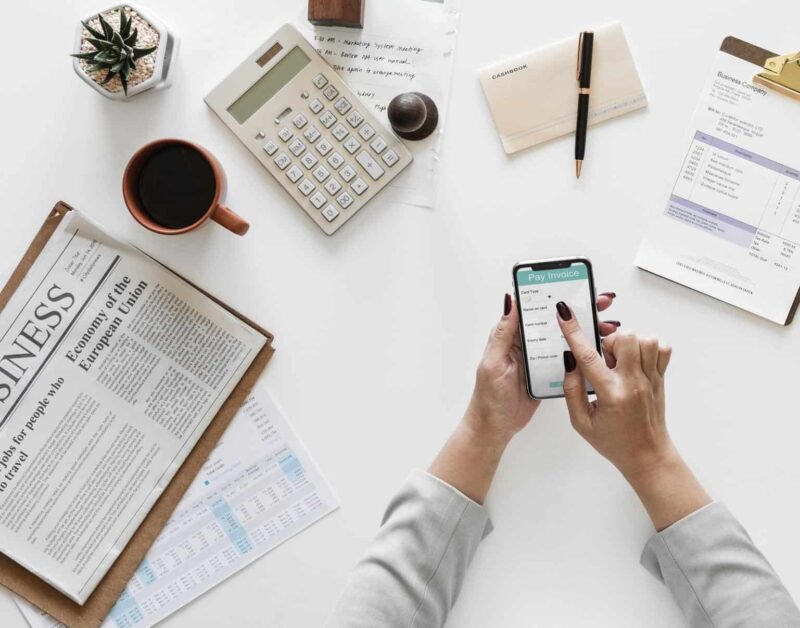
There is a vast selection of personal finance software available for purchase today. These software packages range from straightforward applications in which users record their income and expenses to more complex applications that enable users to import bank statements, manage their investments, create budgets (both for household and personal usage), and schedule payments.
Even if your requirements are quite simple right now, you should still consider purchasing software with additional functionality because those functions will most likely come in handy at some point in the not-too-distant future. It is possible that some of the top programmes will compile all of your information and provide you with the foundation for your self-assessment return. This eliminates the need for you to experience any anxiety as the due date for your evaluation draws near.
How to make the decision: Look at a variety of distinct packages, read the evaluations, and consult several websites that offer information for consumers before making a decision. The cost of personal finance software is usually not very high, and most vendors offer customer assistance and will respond to questions. Making use of Prillionaires can be one of the go-to options for keeping track of assets.
Getting Your Personal Finances Under Control
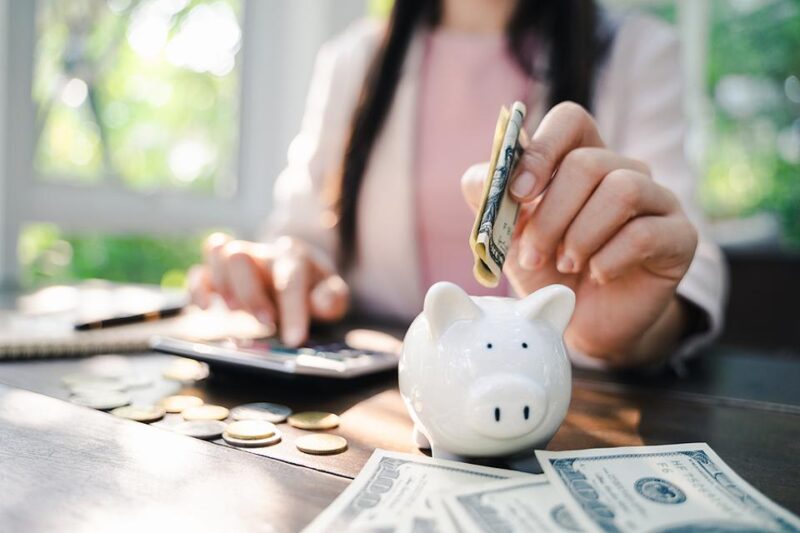
After you have finished installing the new programme, it is time to focus on getting your personal finances in order. To begin, create a budget for your household, but do not be idealistic about it; it won’t do you any good to casually ignore some necessary expenses. A budget is a tool that can assist you in planning your current and future financial situations.
Remember to include the quarterly and annual invoices; payment for these should be spread out over the course of three and twelve months, respectively. Set aside some money as a buffer in case of sudden, unforeseen events; this money, together with the funds for the annual bills, should be kept in a savings account until it is needed. Next, create a personal spending plan and stick to it. When you withdraw money from an ATM in small amounts at random intervals, it is very simple to lose track of how much money you have spent.
Make a list of your personal expenses and include an amount to cover miscellaneous costs; after all, it is impossible to anticipate everything that can arise. I believe that the most effective method for sticking to a personal budget is to withdraw the weekly amount in cash, and when that cash is gone, it is gone for good; you just must wait till the following week. At this point, it is time to organize and manage your finances by importing the statements from your online bank account. You will be able to tell at a glance if you are getting off track if you enter all of your real income and expenses into your budget and compare them to those figures.
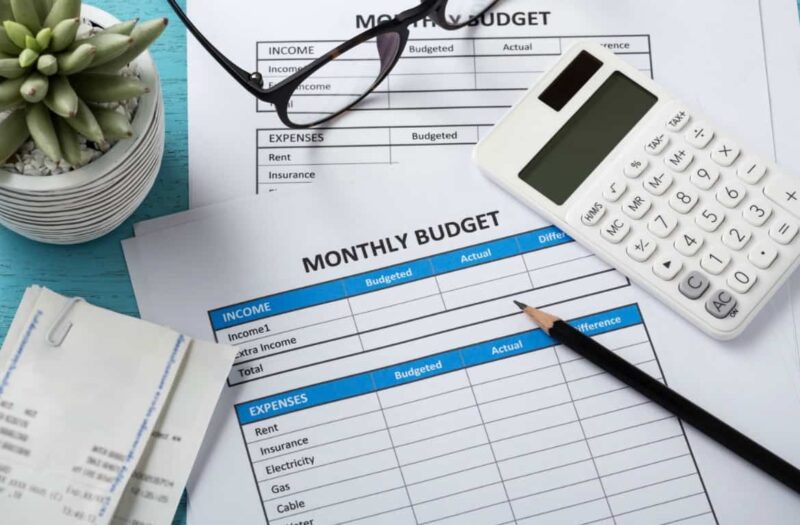
Using the personal finance programme, you are able to calculate loan repayments and enter future bills. Because you are in control of your finances, you will no longer incur fees for accidentally getting overdrawn because you will be able to transfer money around in advance of when it will be required. As soon as you have everything set up properly, maintaining order in your financial situation will take you no more than ten minutes once every couple of days at the most.
